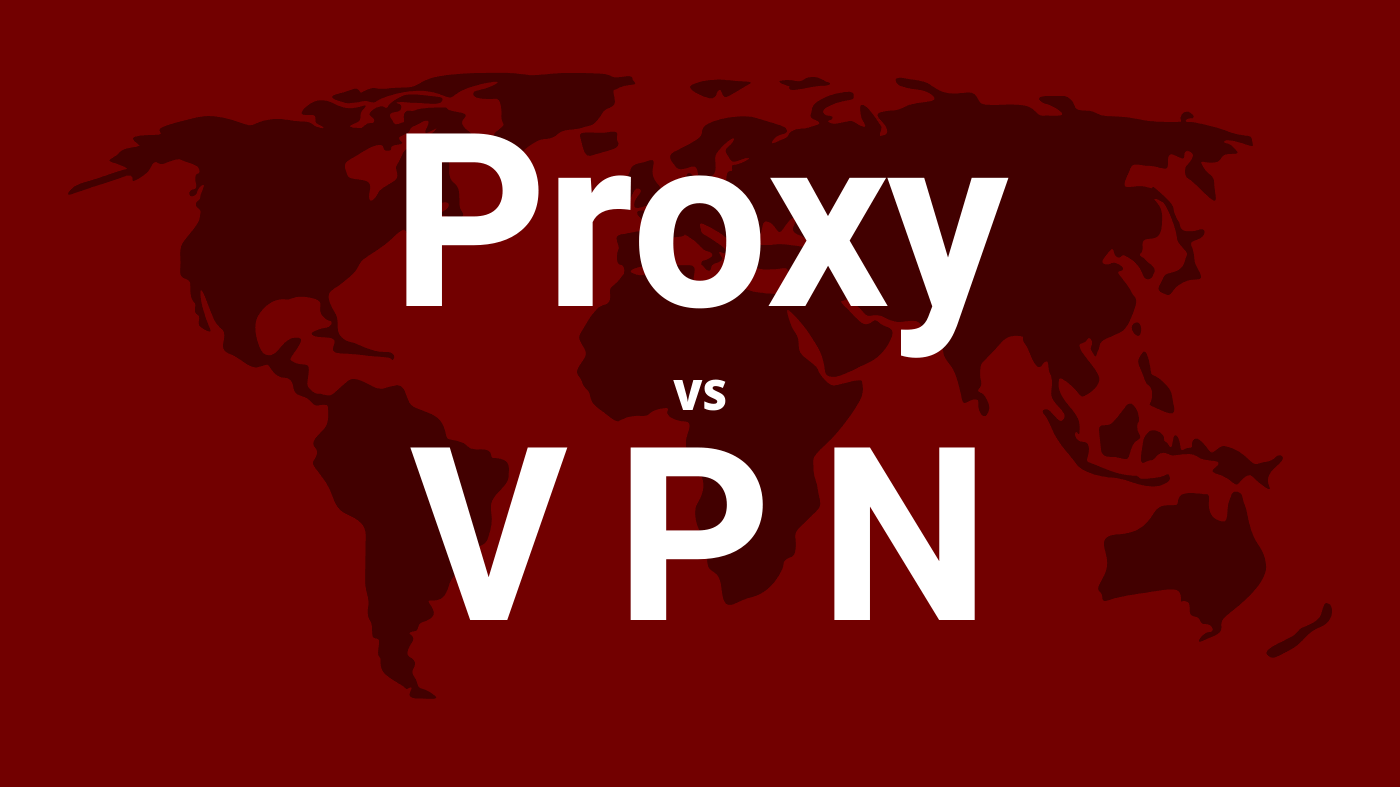VPNs and proxies protect users’ identity and are great tools for accessing geo-restricted content. Since both of these services can do their job, people tend to talk about them interchangeably. However, one protects your privacy and the other does not.
What is a proxy server?
Proxies act as relays between the website you visit and your device. Your traffic goes through an intermediary, a remote machine that connects you to the host server. The proxy server hides your original IP address so that the website can see the IP address of the proxy (in some cases, this uses computers of other proxy users). However, proxies only work at the application level, that is, they only redirect traffic from one application with which you configured your proxy. They also do not encrypt your traffic. There are several companies such as Geonode that provide proxy services for best use such as web data extraction, search engine crawler, SEO, to name a few.
There are three main types of proxy servers:
- HTTP proxies – only serve web pages. If you have configured your browser with an HTTP proxy (proxy-seller.com), all your browser traffic will be redirected through it. They are useful for browsing the web and accessing geo-restricted websites.
- SOCKS proxies – These proxies are not limited to web traffic, but only work at the application layer. For example, you can set it up in a game, video streaming app, or P2P platform. While they can handle all kinds of traffic, they are usually slower than HTTP proxies because they are more popular and often have a higher load.
- Transparent proxies are a different type of proxy because their users are usually unaware of their existence. These proxies can be configured by employers or parents who want to track users’ online activity and block access to certain websites. Hotels and cafes use them to authenticate users on public Wi-Fi networks, and businesses or home users can also configure them to conserve bandwidth.
What is a VPN?
Like a proxy, a VPN also redirects your internet traffic through a remote server and hides your IP so that websites can’t see your original IP or location. However, it works at the operating system level, which means that it redirects all your traffic, whether it’s coming from your browser or a background application.
VPN also encrypts your traffic between the Internet and your device. This means that the Internet Service Provider (ISP) that tracks your Internet activity and collects data about you can no longer see what you are doing on the network – just that you are connected to the VPN server. Encryption also protects you from government surveillance, website tracking, and any snoopers or hackers that might try to intercept your device. VPN provides maximum privacy and security on the network.
It is important to note that both VPN and proxy providers can log user data such as user IP addresses, DNS queries, and other details. You should avoid such providers because they can provide this information to law enforcement agencies, advertisers, or hackers if their servers are compromised. To keep your online activities truly private, look for a vendor that has a strict no-log policy.
Key differences between VPN and proxy services
Here’s a quick comparison between the two:
- VPNs encrypt your traffic, but proxies don’t. VPN service protects you from ISP tracking, government surveillance and hackers. Proxies do not do this, so they should never be used to process sensitive information;
- VPNs run at the operating system level and redirect all your traffic, while proxies run at the application level and only redirect traffic for a specific application or browser.
- VPNs can be slower than proxies because they need to encrypt your data; however, there are ways to improve your connection and browsing speed;
- VPNs are usually paid (do not trust free services as they have limitations and tend to mine your data), while many proxy servers are free;
- The VPN connection is more reliable, while the connections to the proxy server drop more often.
Is VPN better than proxy?
Yes, a VPN is better because it provides privacy and security by routing your traffic through secure servers and encrypting your traffic. A ninja proxy server simply routes your traffic through an intermediary server, but does not necessarily provide additional protection. What’s more, unlike proxies, VPNs operate at the operating system level to protect all of your traffic.
Do you need a proxy if you have a VPN?
No. Premium VPN services do the same as proxies and more. You can use a proxy for fast change IP, but keep in mind that not all proxies are secure, and some of them may collect your data.
Can I use VPN and proxy together?
VPNs and proxies can be used together, but it can take some work to get set up. We also do not recommend doing this, as the proxy will simply add another intermediary that will slow down your connection without significant benefits. When using them, it is better to switch to one or the other.
Output
VPNs and proxies are similar because they redirect your traffic through a remote server and hide your original IP address. However, in many ways a VPN is superior to a proxy server. If you care about your privacy and security, you should definitely choose a VPN.
